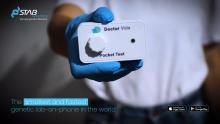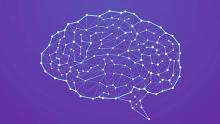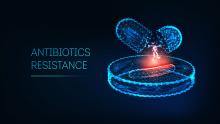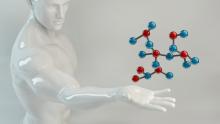The Serbian lab using scorpion venom to fight cancer

The EU-funded NANOFACTS project helped transform Serbia’s BioSense Institute (BIOS) from a leader in agricultural sensing to a powerhouse for innovative cancer diagnostics and therapies. This project is part of the EU Mission on Cancer, which seeks to improve the lives of over 3 million people by 2030 through prevention, treatment and support for cancer patients and their families, enabling them to live longer and healthier lives.









